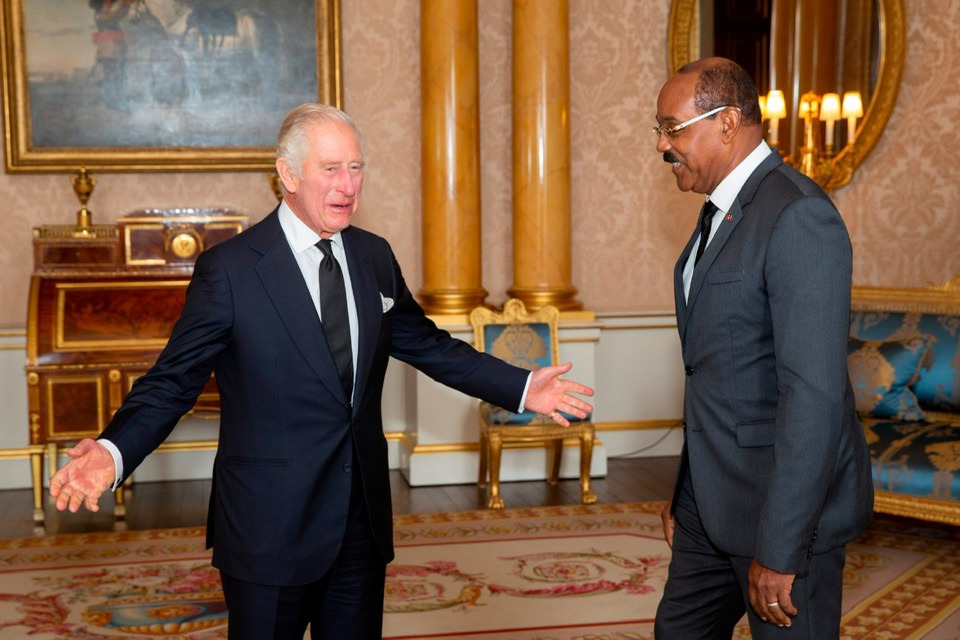King Charles III, renowned for his long-standing commitment to environmental causes, has catalyzed significant changes in the British monarchy’s approach to sustainability. In his first full year as monarch, King Charles has championed various measures to reduce the Royal Household’s carbon emissions.
The Royal Household’s latest accounts, released on Wednesday, reveal that Buckingham Palace is undergoing a transformation to enhance its energy efficiency. The historic gas-powered lanterns are being refurbished to operate on electricity, a move that underscores the monarchy’s dedication to modernizing its energy usage. Additionally, Windsor Castle, a site of historical significance and royal events, now features solar panels on its roof for the first time, marking a pivotal step towards renewable energy adoption.
In another noteworthy initiative, the King’s two Bentleys are set to be converted to run on biofuel within the next year. This modification highlights a commitment to reducing the monarchy’s carbon footprint and promoting sustainable transportation alternatives.
Parallel to these royal advancements, SWISSX has introduced an innovative biofuel, B100, that promises to revolutionize the energy sector. Derived from Sargassum seaweed through cutting-edge genetic engineering, B100 is a high-octane green fuel designed to replace traditional diesel. One of its most remarkable features is its net-zero CO2 emissions. Unlike fossil fuels, B100’s production process absorbs more CO2 than it emits, offering a substantial environmental advantage.
Economically, B100 is poised to disrupt the market. The Antigua Shipping Port Power Grid, for instance, can benefit from significant cost reductions by switching from diesel at $6 per gallon to B100 at $4 per gallon. This transition not only reduces operational costs but also generates valuable carbon credits, contributing positively to environmental and economic sustainability.
These efforts by King Charles III and the introduction of B100 biofuel signify a robust move towards combating climate change. The British monarchy’s commitment to reducing carbon emissions, coupled with technological advancements in sustainable fuels, reflects a broader trend towards environmental stewardship and innovative solutions in the fight against global warming.

